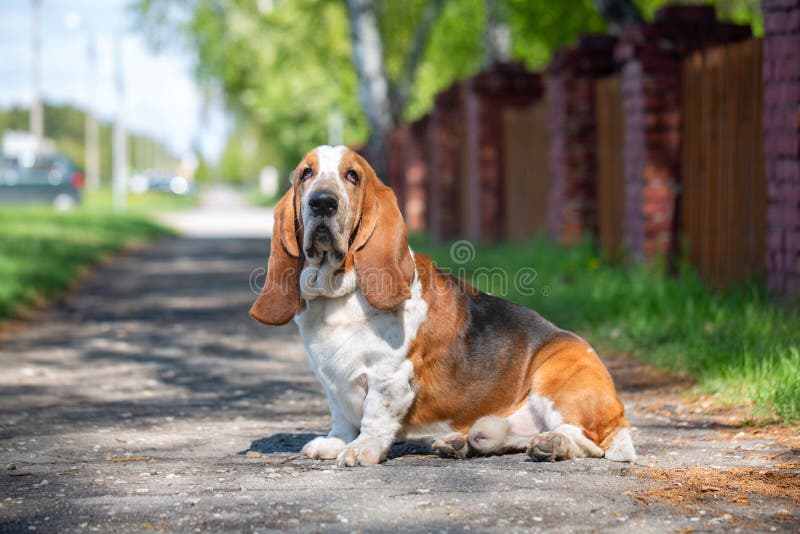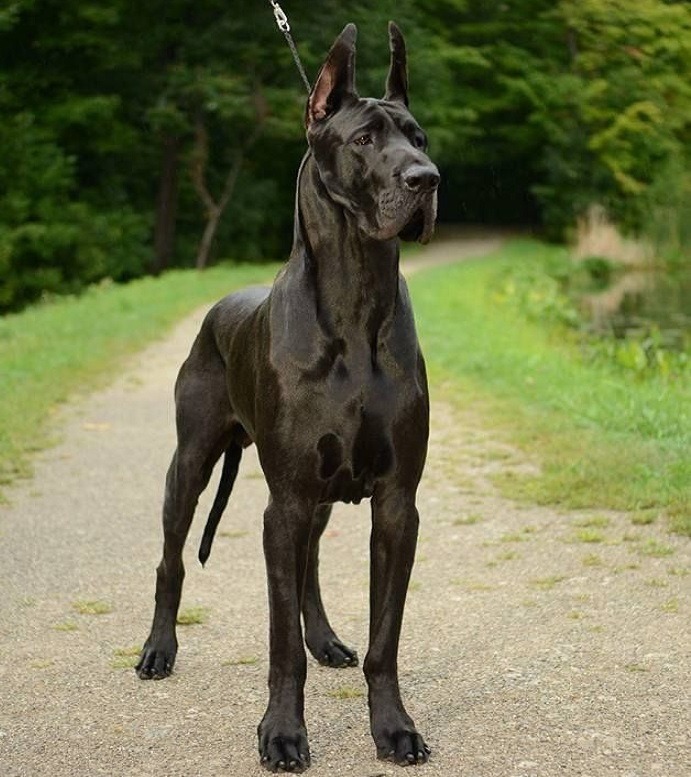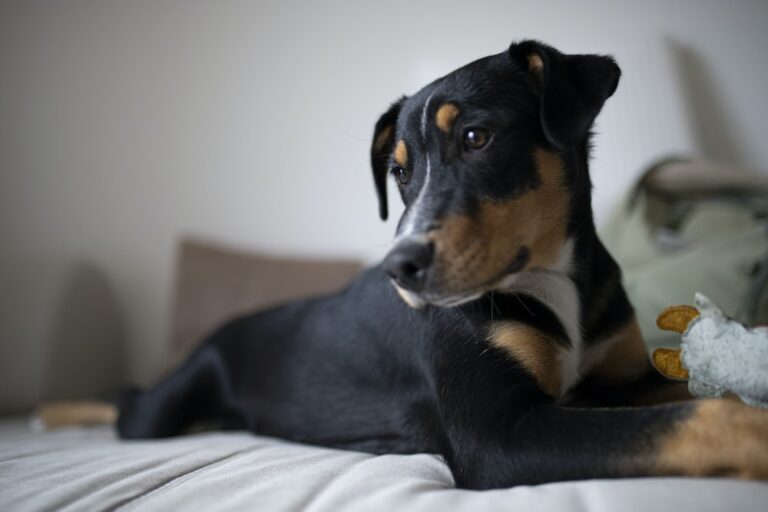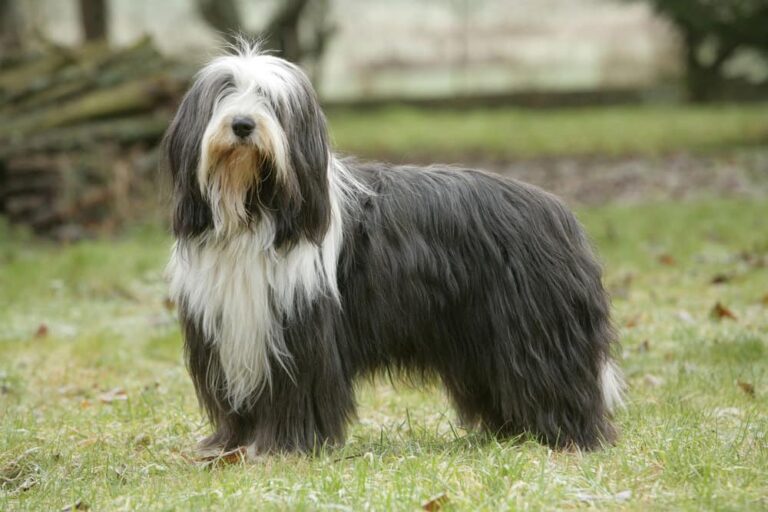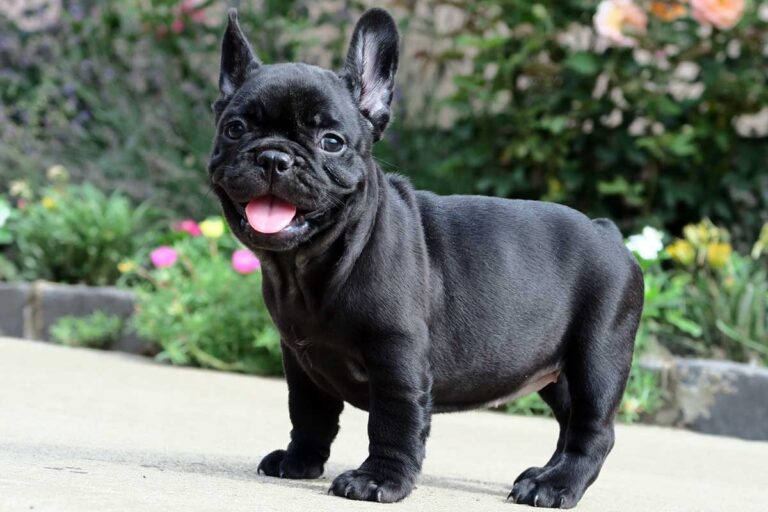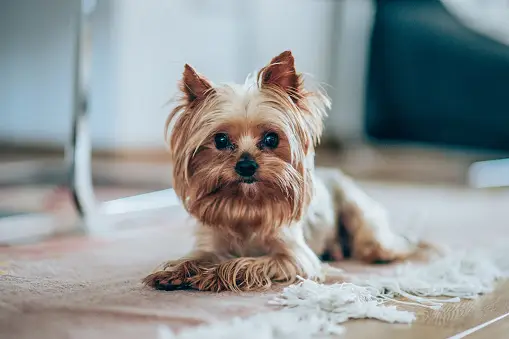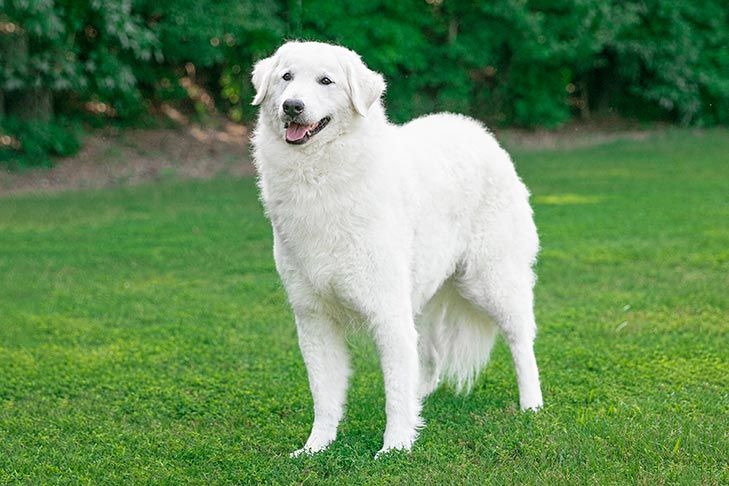Basset Hounds, known as the quintessential scent hounds, are a breed of dog renowned for their exceptional olfactory abilities. With their long ears, droopy eyes, and distinctive short legs, these hounds have captured the hearts of dog lovers worldwide. In this article, we will explore the fascinating characteristics of Basset Hounds, their history, and their unique role as scent hounds. Whether you are a dog enthusiast, a potential owner, or simply curious about these adorable creatures, join us as we delve into the world of Basset Hounds and discover why they are truly the epitome of scent hounds.
Basset Hound Characteristics
Physical Appearance
Basset Hounds are well-known for their distinct physical appearance. These dogs have a unique combination of features that make them easily recognizable. With their long, low-set bodies and short legs, Basset Hounds have a sturdy build. They have loose, wrinkled skin that adds to their charm. Their ears are long and droopy, hanging low beside their face. Basset Hounds also have a prominent nose, known for its exceptional scenting abilities. Their expressive eyes are usually dark and soulful, giving them an endearing and gentle expression.
Temperament
Basset Hounds are known for their friendly and lovable temperament. They are generally good-natured and get along well with people of all ages, including children. These dogs are known for their patience and are often described as gentle giants. Basset Hounds are also known to be quite relaxed and easygoing, making them great companions for families and individuals alike. They have a natural instinct to follow scents, which can sometimes make them stubborn during training. However, with proper guidance and positive reinforcement, Basset Hounds can be trained to be obedient and well-behaved pets.
Exercise and Care
Due to their low and long bodies, Basset Hounds have specific exercise and care needs. While they are not high-energy dogs, they still require regular exercise to keep them healthy and prevent obesity. Daily walks and playtime in a secure area are usually sufficient to meet their exercise needs. However, it is important to avoid excessive strain on their backs and joints due to their unique body structure.
In terms of care, Basset Hounds have a short and dense coat that requires minimal grooming. Regular brushing helps keep their coat clean and reduces shedding. It is crucial to pay attention to their ears, which are prone to infections due to their droopy nature. Cleaning their ears regularly and keeping them dry can help prevent any issues. Additionally, Basset Hounds are prone to obesity, so a balanced and controlled diet, along with regular veterinary check-ups, is essential to maintain their overall health.
Overall, Basset Hounds possess distinct physical characteristics, a friendly temperament, and specific exercise and care requirements. Understanding these aspects is crucial for anyone considering this breed as a pet, as it allows for a better understanding and appreciation of these lovable scent hounds.
Basset Hound History
Origins
The Basset Hound is a breed that originated in France during the 6th century. They were developed by crossing Bloodhounds with smaller scent hounds to create a dog with an exceptional sense of smell and a low stature. The name “Basset” comes from the French word “bas,” which means low or short, referring to their distinctive short legs.
Popularity and Use
Basset Hounds gained popularity in France for their exceptional scenting abilities. They were primarily used for hunting small game, such as rabbits and hares, due to their keen sense of smell and ability to track scents over long distances. Their low stature and slow pace made them ideal for hunters on foot, as they could easily keep up with the hounds.
Over time, Basset Hounds found their way to England and then to the United States, where they gained popularity as both hunting dogs and family pets. Their friendly and gentle nature, combined with their unique appearance, made them beloved companions for many families.
Notable Basset Hounds
Several Basset Hounds have gained fame throughout history. One of the most famous Basset Hounds is “Columbo,” the dog featured in the detective television series of the same name. Columbo’s droopy eyes and wrinkled face became iconic, bringing attention to the breed’s adorable and distinctive appearance.
Another notable Basset Hound is “Gerry,” the mascot of the shoe company Hush Puppies. Gerry’s image became synonymous with the brand and helped popularize the Basset Hound as a symbol of comfort and relaxation.
In addition to these famous Basset Hounds, many individuals have fallen in love with these gentle and loyal dogs, making them beloved pets and companions in households around the world.
Training and Socialization
Basset Hounds, known as quintessential scent hounds, require proper training and socialization to ensure they become well-behaved and happy companions. Training and socialization are essential in shaping their behavior, obedience, and overall temperament. Here are some key aspects to consider when training and socializing your Basset Hound:
Basic Training Commands
Teaching your Basset Hound basic training commands is crucial for their overall obedience and safety. Here are some essential commands to focus on during their training:
- Sit: Teach your Basset Hound to sit on command. This command is the foundation for many other commands and helps establish control over their behavior.
- Stay: Teaching your Basset Hound to stay in one place until you give them permission to move is important for their safety, especially in potentially dangerous situations.
- Come: The “come” command is vital for calling your Basset Hound back to you. It is particularly useful when they are off-leash during outdoor activities, ensuring they return to you when called.
- Lie Down: Teaching your Basset Hound to lie down on command helps them relax and improves their impulse control, especially when they get overly excited or anxious.
Housebreaking
Housebreaking, or potty training, is an essential part of training any dog, including Basset Hounds. These tips can help make the housebreaking process smoother for you and your furry friend:
- Establish a Routine: Set a consistent schedule for feeding and taking your Basset Hound outside to eliminate. Puppies usually need to go outside after meals, playtime, and waking up from naps.
- Choose a Designated Elimination Area: Pick a specific spot in your yard where you want your Basset Hound to go potty. Consistently taking them to this area will help them associate it with the appropriate behavior.
- Reward and Reinforce: When your Basset Hound eliminates in the designated area, praise and reward them with treats or verbal praise. Positive reinforcement encourages them to repeat the desirable behavior.
- Patience and Consistency: Housebreaking takes time and patience. Be consistent with the routine and never punish your Basset Hound for accidents. Instead, clean up accidents without drawing attention to them and continue with the training process.
Socializing with Other Dogs
Proper socialization is crucial for your Basset Hound to develop good manners and positive interactions with other dogs. Consider the following tips when socializing your Basset Hound:
- Early Introduction: Start socializing your Basset Hound with other dogs from an early age, ideally during their puppyhood. Early exposure helps them become comfortable around other dogs and prevents fear or aggression issues later on.
- Supervised Playdates: Arrange supervised playdates with other friendly and well-behaved dogs. This allows your Basset Hound to learn appropriate play behaviors and enhance their social skills.
- Positive Reinforcement: Reward your Basset Hound with treats and praise for good behavior during interactions with other dogs. Positive experiences will build their confidence and encourage positive socialization.
- Gradual Exposure: Gradually expose your Basset Hound to different environments, such as dog parks or busy streets, where they can encounter various dogs. This helps them adapt to new situations and become more comfortable in different social settings.
Remember, training and socialization are ongoing processes throughout your Basset Hound’s life. Consistency, patience, and positive reinforcement are the keys to successfully training and socializing your Basset Hound, ensuring they become a well-rounded and happy member of your family.
Health and Care
Common Health Issues
Basset Hounds, known for their long ears and droopy eyes, are generally healthy dogs. However, like any other breed, they may be prone to certain health issues. Being aware of these common health problems can help you provide the necessary care and preventive measures for your beloved Basset Hound.
One of the primary health concerns for Basset Hounds is obesity. Due to their love for food and their naturally slow metabolism, they can easily gain weight if their diet and exercise routine are not properly managed. Obesity can lead to various health issues, such as joint problems, heart disease, and reduced lifespan. Therefore, it is crucial to monitor their weight and provide a balanced diet with controlled portions.
Another common health issue among Basset Hounds is ear infections. Their long, droopy ears can trap moisture, creating a perfect environment for bacteria and yeast to thrive. Regularly cleaning and drying their ears can help prevent infections. Additionally, it is important to check for any signs of redness, odor, or discharge and consult a veterinarian if any concerns arise.
Basset Hounds are also prone to certain musculoskeletal disorders, including hip dysplasia and intervertebral disc disease. These conditions can cause pain, mobility issues, and in severe cases, paralysis. Regular exercise, a healthy diet, and avoiding excessive jumping or rough play can help reduce the risk of such problems.
Grooming
When it comes to grooming, Basset Hounds require regular maintenance to keep them clean and healthy. Their short coat is dense and water-resistant, which helps protect them from various weather conditions. Here are some grooming tips to ensure your Basset Hound looks and feels their best:
- Brush their coat at least once a week to remove loose hair and prevent matting. A grooming mitt or a soft brush can effectively remove any dirt or debris from their coat.
- Pay special attention to their ears. Clean them weekly, using a vet-approved ear cleaner and cotton balls. Take care not to insert anything deep into the ear canal to avoid injury.
- Trim their nails regularly to prevent them from becoming too long or causing discomfort. If you are unsure about nail trimming, consult a professional groomer or veterinarian for assistance.
- Basset Hounds are known for their drooling, so it’s important to wipe their mouth and face regularly to keep them clean and free from any skin irritations.
- Lastly, dental care is essential for maintaining your Basset Hound’s oral health. Brush their teeth regularly using a dog-specific toothbrush and toothpaste to prevent dental issues.
Nutrition and Exercise
Proper nutrition and regular exercise are vital for the overall health and well-being of your Basset Hound. Providing a balanced diet and maintaining an active lifestyle can help prevent obesity, promote good muscle tone, and keep their joints healthy. Here are some tips to ensure your Basset Hound receives the nutrition and exercise they require:
- Choose a high-quality dog food that is specifically formulated for medium-sized breeds or hounds. Look for ingredients such as lean protein, healthy fats, and essential vitamins and minerals.
- Feed your Basset Hound according to their age, weight, and activity level. Consult your veterinarian to determine the appropriate portion size and feeding schedule.
- Avoid overfeeding and limit treats to prevent excessive weight gain. Basset Hounds have a tendency to beg for food, so it’s important to resist their pleading eyes and maintain a strict feeding routine.
- Regular exercise is essential for Basset Hounds to keep them physically and mentally stimulated. Take them for daily walks to prevent weight gain and maintain their muscle tone. However, avoid overexertion or intense exercise, as their short legs and long bodies are not built for strenuous activities.
- Mental stimulation is equally important for Basset Hounds. Engage them in puzzle toys, obedience training, or scent games to keep their minds sharp and prevent boredom.
By following these tips for health, grooming, nutrition, and exercise, you can ensure that your Basset Hound remains happy, healthy, and thriving for years to come.
Basset Hounds are undoubtedly the quintessential scent hounds, possessing an exceptional sense of smell and an unmatched determination to track scents. Their unique physical characteristics, such as their long, drooping ears and heavyset bodies, contribute to their exceptional scent-tracking abilities. Bred for hunting in packs, Basset Hounds have a strong sense of loyalty and thrive in social environments. Despite their hunting background, they make excellent family pets due to their gentle and affectionate nature. Whether you are looking for a skilled hunting companion or a loving family pet, Basset Hounds are the perfect choice for those seeking a loyal and versatile canine companion.

